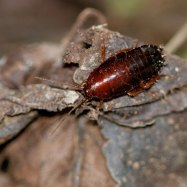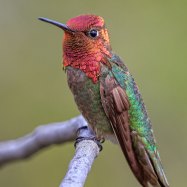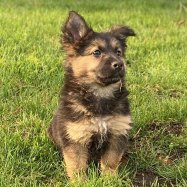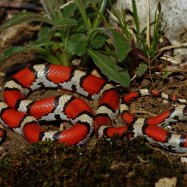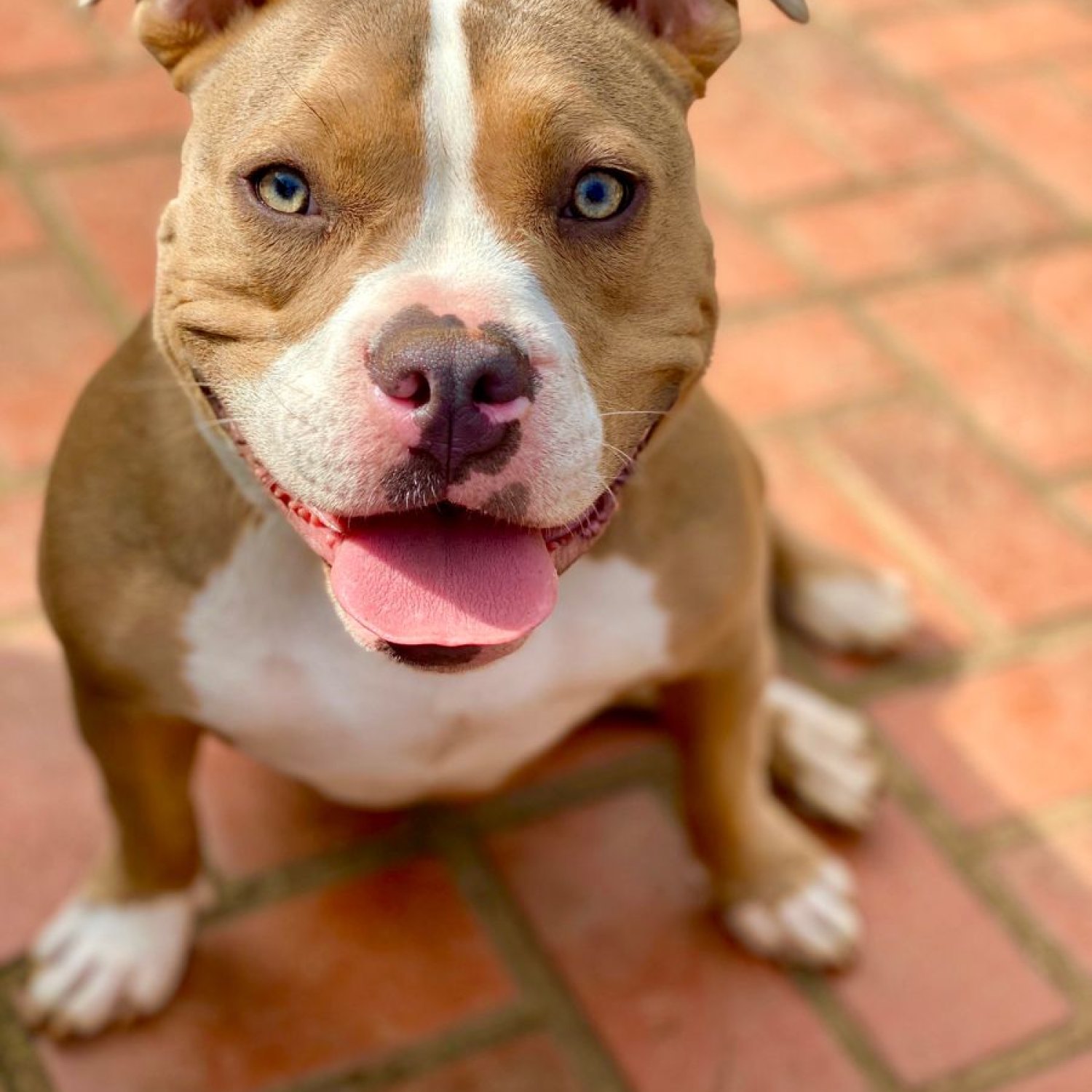
Pocket Pitbull
12-16 inches (30-40 cm)
Meet the Pocket Pitbull, a compact and muscular member of the Canidae family. Fun fact: Their height ranges from 12-16 inches, making them perfect for urban living. They're also affectionately known as 'urban bullies' due to their strong and sturdy physique. Have you seen one in your neighborhood? #PocketPitbull #Canidae #UrbanLiving #DogLovers
Animal Details Summary:
Common Name: Pocket Pitbull
Kingdom: Animalia
Habitat: Various habitats including urban areas
Pocket Pitbulls: Small Package, Big Personality
Dogs have always held a special place in human society. Known as man's best friend, they have been by our sides for thousands of years, providing us with love, protection, and companionship. And while we often think of dogs as cuddly and cute, some breeds are known for their strength and power. This is where the Pocket Pitbull comes in Pocket Pitbull.This small but mighty breed has been making quite a name for itself in recent years. Known for its compact size and big personality, the Pocket Pitbull is capturing the hearts of dog lovers everywhere. In this article, we will delve into the world of Pocket Pitbulls and discover what makes them such unique and lovable pets.
What are Pocket Pitbulls?
To begin with, let's clarify what we mean by "Pocket Pitbull." You may have heard of this breed referred to as Pocket Pits, Pibbles, or Pocket Bullys, but they all refer to the same dog. This term is used to describe a smaller version of the American Pit Bull Terrier.Pocket Pitbulls are not a recognized breed by any major kennel clubs, but they are a mix of two well-known breeds – the American Pit Bull Terrier and the Patterdale Terrier. This mix results in a compact and muscular dog with a big personality.
But where did these dogs come from? To understand their origins, we must first look at their parent breeds Pinacate Beetle.
Roots of the Pocket Pitbull
The American Pit Bull Terrier is a well-known and controversial breed. Originally bred for bull-baiting, this breed has a history of being fierce and aggressive. However, with proper training and socialization, these dogs can be loving and loyal companions.The Patterdale Terrier, on the other hand, is a lesser-known breed that originated in England. This lively and energetic breed was bred for hunting and is known for its athleticism and keen sense of smell. They are hard-working and intelligent, making them excellent working dogs.
The combination of these two breeds results in a dog full of energy, intelligence, and strength – the Pocket Pitbull.
Physical Characteristics
One of the most distinctive features of Pocket Pitbulls is their compact and muscular body shape. Despite their small size, these dogs are incredibly athletic and agile. They typically stand at 12-16 inches tall and weigh between 30-45 pounds, making them the perfect size for a lap dog.Their coat comes in various colors, with brindle and solid being the most common. They also have a smooth and glossy coat that is low maintenance and sheds minimally.
But don't be fooled by their small size; Pocket Pitbulls have a strong and powerful jawline, thanks to their American Pit Bull Terrier genes. This, combined with their muscular body, makes them impressive little dogs.
Temperament and Behavior
Pocket Pitbulls are known for their big personalities. These dogs are full of energy, and they love to play and be around their owners. They are also incredibly loyal and protective, making them excellent watchdogs.But like any other breed, Pocket Pitbulls require early socialization and proper training to ensure they grow up to be well-behaved and friendly dogs. With the right training, these dogs can be gentle and affectionate companions.
One thing to keep in mind is that Pocket Pitbulls have a high prey drive due to their hunting ancestry. This means that they may not do well with small animals or cats and should be closely supervised when around them.
Feeding and Exercise
Being part of the Carnivora order, Pocket Pitbulls are carnivorous and require a diet high in protein. High-quality dog food is a must to keep them healthy and energized.Due to their high energy levels, these dogs require daily exercise to keep them healthy and happy. A walk or jog around the block or a game of fetch in the backyard is enough to keep them satisfied. Interactive toys that challenge their minds can also be beneficial.
It's important to keep in mind that Pocket Pitbulls, like all dogs, are prone to weight gain, so monitoring their food intake and providing enough exercise is crucial.
Geographical Distribution and Habitat
As mentioned earlier, Pocket Pitbulls are not a recognized breed, so they have no specific geographic distribution. They can be found worldwide, but they are more prevalent in the United States, where they originated.As for their habitat, Pocket Pitbulls are adaptable and can thrive in various environments. However, they do best in urban areas, such as apartments or houses with smaller yards. Their compact size makes them suitable for city living, but they do need regular exercise to burn off their energy.
The Controversy Surrounding the Breed
Like many other breeds, Pocket Pitbulls have faced their fair share of controversy. Due to their lineage, they have been labeled as aggressive and dangerous dogs. However, it's important to note that it's not the breed itself that is dangerous but how the dog has been raised and trained.With the right socialization, training, and responsible ownership, Pocket Pitbulls can make loving and well-behaved pets. Many advocates for the breed argue that it's not the breed that's the problem, but the negative perceptions and irresponsible owners.
Is a Pocket Pitbull Right for You?
Pocket Pitbulls are not suitable for first-time dog owners. They require a firm and experienced handler who can provide structure, boundaries, and consistent training. They also require daily exercise, so someone with an active lifestyle would be an ideal match.These dogs do well in homes with older children, but due to their strong and energetic nature, they may accidentally knock over younger children. And as mentioned earlier, Pocket Pitbulls may not be suitable for households with small animals.
Ultimately, the decision to add a Pocket Pitbull to your family should not be taken lightly. These dogs require a lot of love, care, and attention, but in return, they make loyal, fun, and protective companions.
In Conclusion
The Pocket Pitbull may be small in size, but it's big on personality and heart. Despite its controversy, this breed is gaining popularity for its compact size, loving nature, and loyalty to their owners. They require proper training and socialization, but with the right care, they can be a great addition to any family.If you're considering adding a Pocket Pitbull to your family, remember that responsible ownership and proper training are key to raising a happy and well-behaved dog. With the right love and care, these dogs are sure to steal your heart and become your new best friend.

Pocket Pitbull
Animal Details Pocket Pitbull - Scientific Name: Canis lupus familiaris
- Category: Animals P
- Scientific Name: Canis lupus familiaris
- Common Name: Pocket Pitbull
- Kingdom: Animalia
- Phylum: Chordata
- Class: Mammalia
- Order: Carnivora
- Family: Canidae
- Habitat: Various habitats including urban areas
- Feeding Method: Carnivorous
- Geographical Distribution: Worldwide
- Country of Origin: United States
- Location: Urban areas
- Animal Coloration: Various colors, predominantly brindle or solid
- Body Shape: Compact and muscular
- Length: 12-16 inches (30-40 cm)
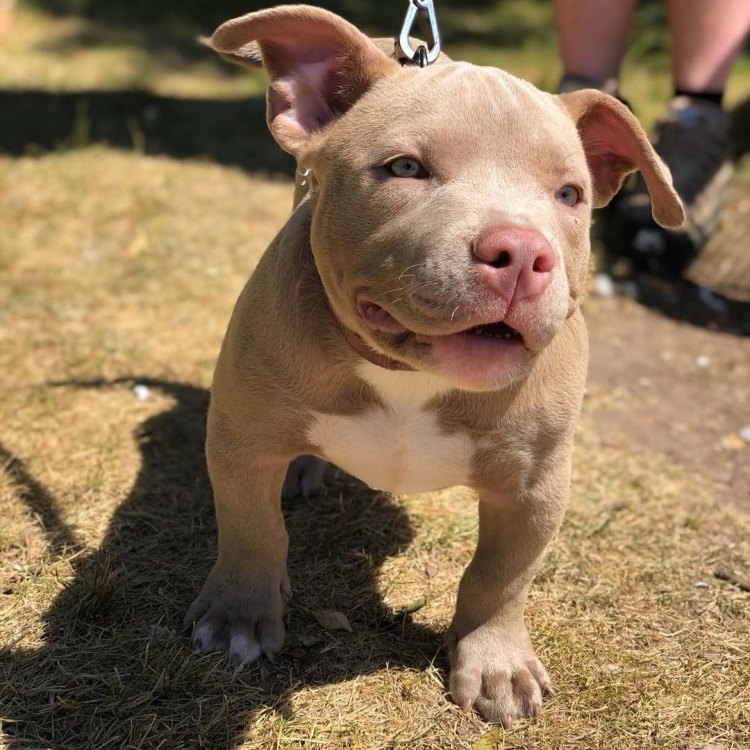
Pocket Pitbull
- Adult Size: 20-30 pounds (9-14 kg)
- Average Lifespan: 10-15 years
- Reproduction: Sexual
- Reproductive Behavior: Breeding occurs once a female reaches maturity
- Sound or Call: Varies, including barking, growling, and whimpering
- Migration Pattern: Non-migratory
- Social Groups: Can live with other dogs and animals if properly socialized
- Behavior: Loyal, affectionate, and energetic
- Threats: Can be prone to certain health issues such as hip dysplasia
- Conservation Status: Not applicable (domesticated)
- Impact on Ecosystem: Not applicable
- Human Use: Companion, working, and therapy dog
- Distinctive Features: Strong and muscular build
- Interesting Facts: Pocket Pitbulls are a mix of American Pit Bull Terriers and smaller breeds such as Patterdale Terriers or French Bulldogs
- Predator: No significant predators in urban areas
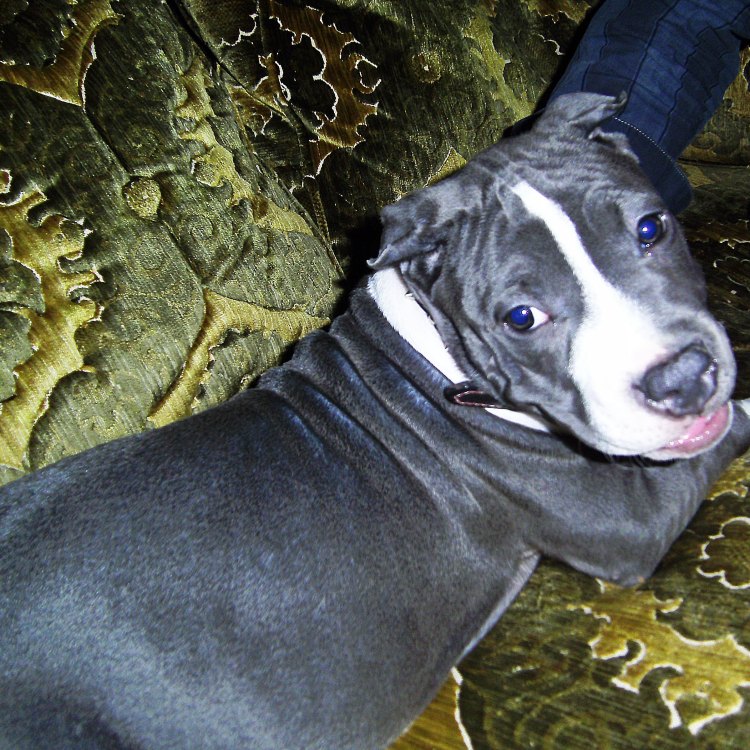
Canis lupus familiaris
The Pocket Pitbull: A Loyal and Loving Pocket-Sized Companion
Have you ever heard of a Pocket Pitbull? If not, you're in for a treat! These adorable and compact dogs are a mix of American Pit Bull Terriers and smaller breeds such as Patterdale Terriers or French Bulldogs. They are known for their strong and muscular build, loyalty, and affectionate nature. Despite their fierce appearance, Pocket Pitbulls make great companions, working dogs, and even therapy dogs. Let's dive into what makes these little canines so special PeaceOfAnimals.Com.Size and Lifespan
Pocket Pitbulls are known for their compact size, typically weighing between 20-30 pounds (9-14 kg) and standing around 12-16 inches tall at the shoulder. They may be small in size, but they have a big heart and a lot of energy. With proper care, these dogs have an average lifespan of 10-15 years, giving you plenty of time to create lasting memories with them.Reproduction and Sexual Behavior
Like most dogs, Pocket Pitbulls reproduce sexually. Breeding usually occurs once a female reaches maturity, which is typically around one year of age. It's important to properly care for both the mother and puppies during this process to ensure their health and well-being.Sound and Call
Just like their larger Pitbull relatives, Pocket Pitbulls can vary in their sounds and calls. They may bark, growl, or whimper, depending on their mood or situation. Despite their small size, they can still make their presence known with their vocalizations Pygmy Hippopotamus.Migration Pattern and Social Behavior
As domesticated dogs, Pocket Pitbulls do not have a migratory pattern. They are non-migratory and typically stay in one location with their human family. They can also live with other dogs and animals if properly socialized from a young age. Socialization is vital for Pocket Pitbulls to ensure they are comfortable and well-behaved in any environment.Behavior and Temperament
Pocket Pitbulls may have a tough exterior, but they are incredibly loving and affectionate dogs. They are fiercely loyal to their human families and have a lot of energy, making them great companions for active individuals or families. They may have a tendency to be protective of their loved ones, but with proper training and socialization, they can be well-behaved and friendly towards strangers.Threats and Conservation Status
Like all breeds, Pocket Pitbulls can be prone to certain health issues, such as hip dysplasia. It's crucial to monitor their health and provide them with proper nutrition and exercise to prevent any potential health problems. As they are domesticated dogs, they do not have a conservation status.Impact on Ecosystem and Human Use
Pocket Pitbulls do not have a significant impact on the ecosystem as they are domesticated animals. However, they do have a significant impact on the lives of their human owners. These dogs are versatile and can be used as companions, working dogs, and even therapy dogs to provide comfort and support to those in need. Their small size makes them ideal for apartment living, and their loyalty and loving nature make them excellent pets for people of all ages.Interesting Facts
Did you know that Pocket Pitbulls are also known as Patterpits or Patterjacks? These names come from their combination of Patterdale Terriers and American Pit Bull Terriers. They may also be called Pocket Bullies or Pocket Bullys, highlighting their Bully breed ancestry. No matter what you call them, one thing is for sure – Pocket Pitbulls are full of personality and make excellent companions for dog lovers of all kinds.Predators
In urban areas, Pocket Pitbulls do not have any significant predators. They are typically well-protected and cared for by their human owners. However, it's always best to keep an eye on your dog when in public spaces or unknown areas to ensure their safety.In Conclusion
Pocket Pitbulls may be small in size, but they are big in personality and love. These compact dogs make wonderful companions for anyone looking for a loyal, energetic, and affectionate pet. They have a long lifespan and can be used for various purposes, making them a versatile and valuable member of the canine family. If you're considering adding a Pocket Pitbull to your family, make sure to do your research, find a reputable breeder, and provide them with the love, care, and attention they deserve.
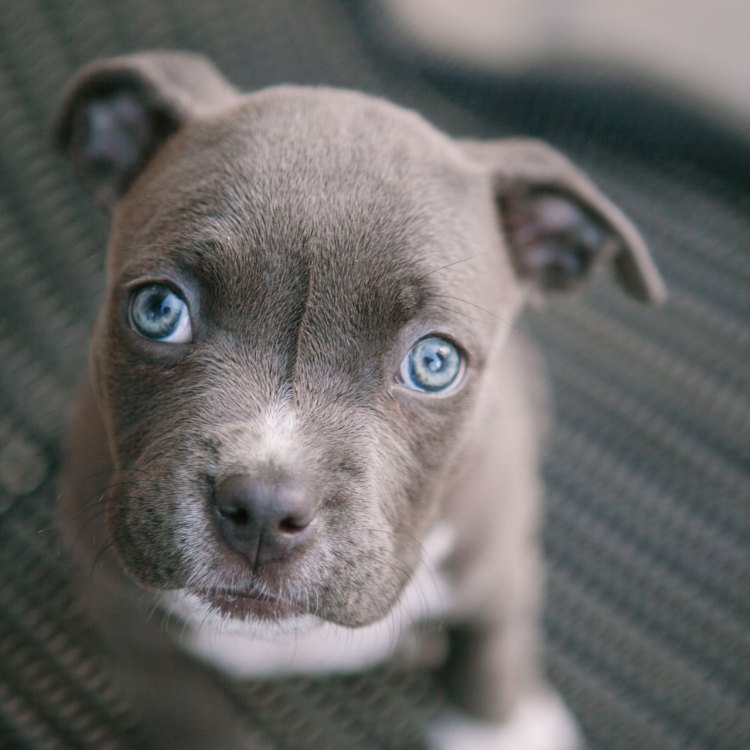
Pocket Pitbulls: Small Package, Big Personality
Disclaimer: The content provided is for informational purposes only. We cannot guarantee the accuracy of the information on this page 100%. All information provided here may change without prior notice.




